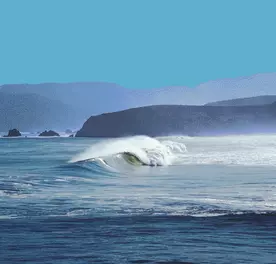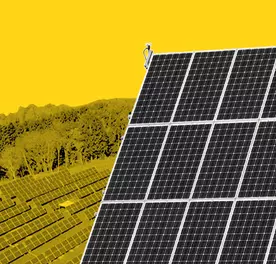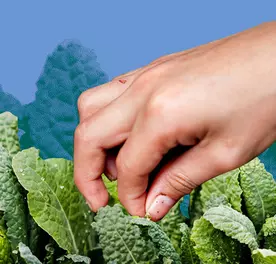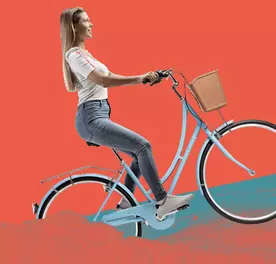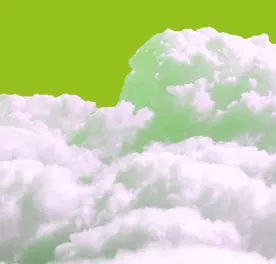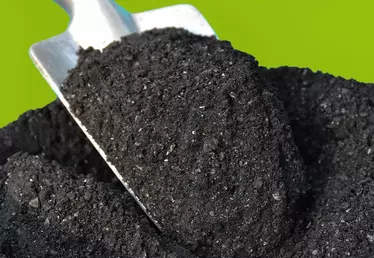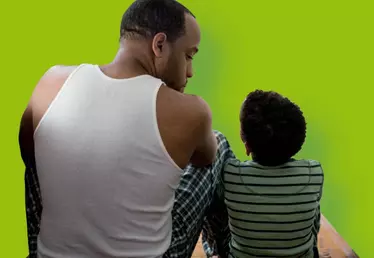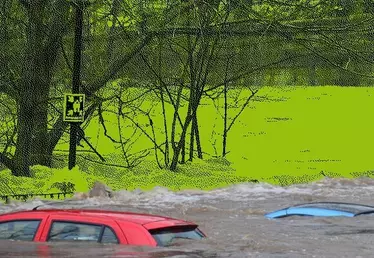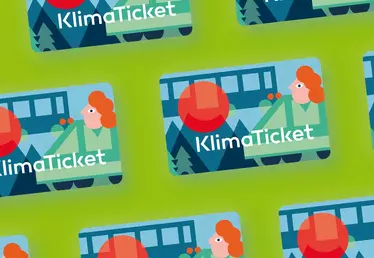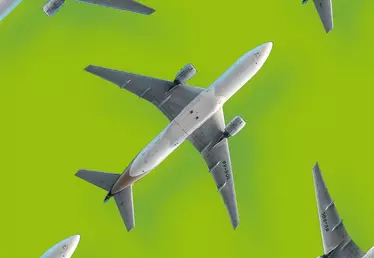

Hero banner custom title
Five must-read ecology books for this summer
4 min
Whether sitting on the beach, by the pool, in a park, in the garden or just on the sofa – there is no better way of relaxing during the summer holidays than to get immersed in a good book. The following selection offers five essential readings that will enhance everyone’s awareness and understanding of the ecological imperative.
Cradle to Cradle. Remaking the Way We Things (William McDonough and Michael Braungart)
In their 2002 manifesto, American architect William McDonough and German chemist Michael Braungart called for new production practices enabling permanent product recycling. Rather than advocating zero growth, the authors suggested a sustainable industrial model eliminating the very possibility of waste. Their construct - called “Cradle to Cradle” (C2C) - has become an international certification process where designers both make goods out of biodegradable or recyclable materials and maximise the use of renewable energy.
From What Is to What If (Rob Hopkins)
British permaculture educator Rob Hopkins is an activist who asks people to imagine a better world. As leader of the Transition Town initiative and international movement since 2005, he encourages people to dream and develop creative forces enabling them to counteract the vagaries of climate change. His goal in writing the book was to make imagination central to thinking about the future, and specifically about the kind of future that people want and can create. “The 2030 we travel to, is not perfect, not a utopia, BUT it is a world which is the result of everything that could possibly have been done”. The idea here is that limitations imposed by the circumstances should be viewed as opportunities to be seized, with imaginative and considerate responses ensuring positive outcomes.
Lonely Planet : The Sustainable Travel Handbook / Voyages zéro carbone (ou presque)
This famous travel guide publisher offers a list of responsible holidays where people can reduce their carbon footprint even as they continue to engage in activities ranging from hiking to scuba diving and even charity work. “The Sustainable Travel Handbook” is a practical guide to ethical tourism, whose Europe section offers 80 “zero carbon (or almost)” airport-free itineraries around the Continent and even across Mediterranean, with new ideas for both short and long-term stays in destinations ranging from Scotland to Morocco.
The Land Ethic (Aldo Leopold)
Considered a pioneer of ecological thinking, American forester and ecologist Aldo Leopold conceptualized humans as part of a “biotic community” that includes animals, soil, plants and water. Emphasizing the interconnection between living and non-living beings, the lesson here is that humans have a duty to preserve their ecosystem and not destroy it.
30-Second Ecology: 50 key concepts and challenges (Mark Fellowes and Becky Thomas)
Mark Fellowes, a University of Reading professor of ecology, and Becky Thomas, an urban ecologist and professor at London’s Royal Holloway University, popularize key ecological concepts in 50 chapters, each lasting 300 words. Tackling both species classification and urban ecosystems, the scientists have produced a book that is essential reading for anyone seeking to gain full awareness of the environment in which they live.
